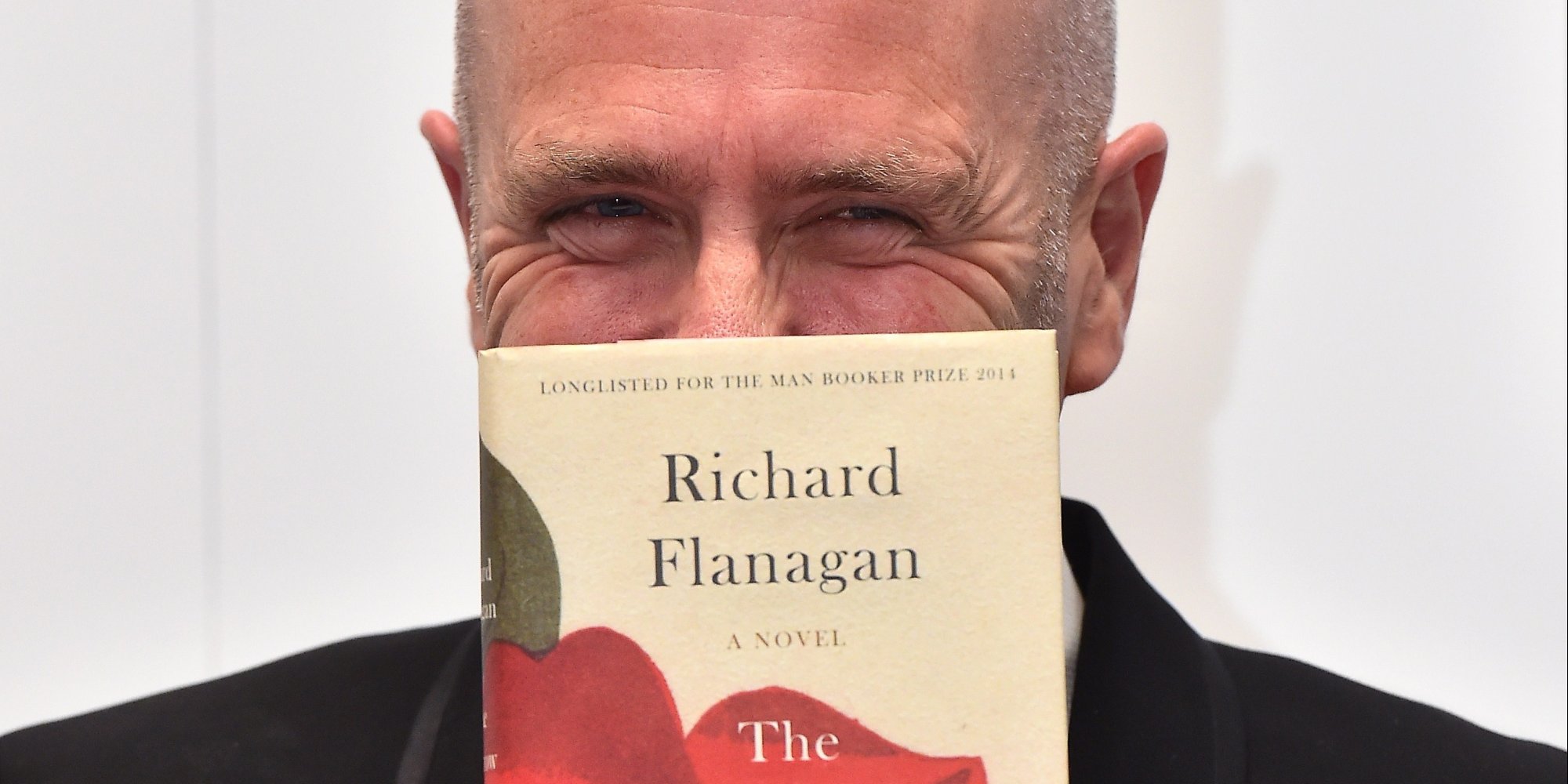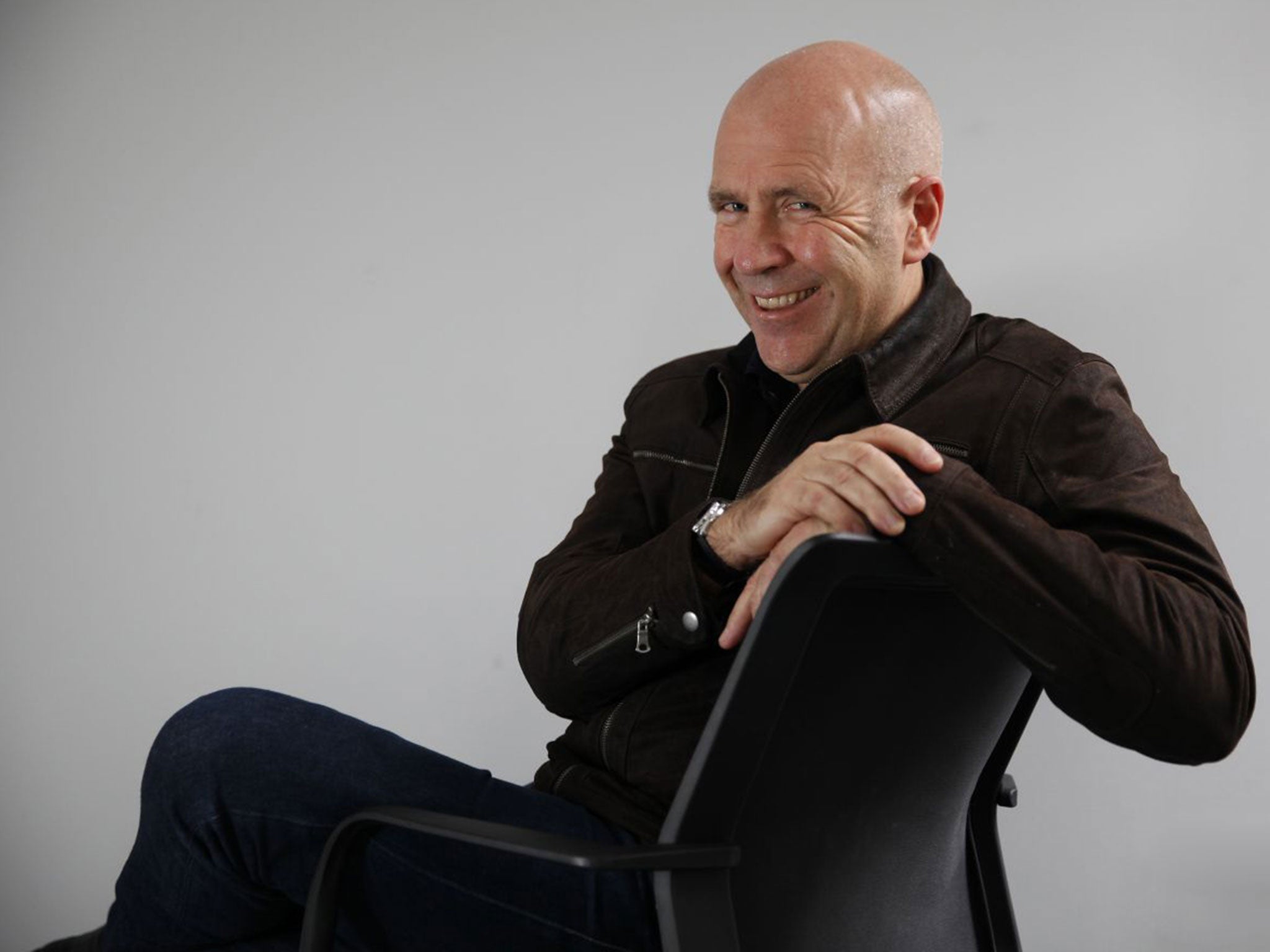

When he gets back to civilian life, he has absolutely no analog to explain himself to anyone, and the one person he desperately loves and missed during his imprisonment is Amy, who had died in a horrible explosion-so he thought. When he tries to save Darky, the guards stop him and offer him medicine to help the camp's dying ill, and he accepts their offer and leaves his own nephew (unbeknownst to him at the time) to die. Primarily Dorrigo feels two kinds of guilt-the guilt of his affair with Amy, and the guilt of his sacrificing Darky. Then there is the emotional element of guilt and shame. Firstly, there is the horror element, the actual terror of Dorrigo being in a life threatening situation as a prisoner of a brutal enemy during war. The novelist uses two threads to help capture what he sensed in his father's demeanor as a distance, damaged person. In any case, the true story centers on the emotional damage that war carnage caused Dorrigo during his longterm imprisonment at a Japanese POW camp in WWII. This means that the book is semi-biographical, and that one of the three children in Dorrigo and Ella's family is the author. Also, it exists to capture a true story for the purpose of human betterment-his own father's story. This is a three part novel designed to explore the true psychological and emotional effects of warfare on a human being. Written by people who wish to remain anonymous

We are thankful for their contributions and encourage you to make your own. Presented by James Naughtie and recorded with a group of readers.These notes were contributed by members of the GradeSaver community. His father died on the very day Richard Flanagan finished the novel. The beauty of the poetry allowed him to write the novel that set him free from his father's past.

Thousands more did not, and in the programme Flanagan describes how he and his siblings were children of the Death Railway as they grew up listening to their father's stories, which included witnessing the violent murder of his friend Micky Hallam at the hands of Japanese guards.įlanagan also talks how he set out to write a non-judgemental novel about the camps, and how he used Japanese poetry to open himself up to what is best in the Japanese character, with the poet Basho's Narrow Road to the Deep North as his inspiration. Richard Flanagan discusses his 2014 Man Booker Prize winning novel The Narrow Road to the Deep North set among prisoners of war who were forced by the Japanese to work on the notorious Thai-Burma railway.įlanagan, a Tasmanian, wrote the book in tribute to his late father, who survived the horrors of "The Line".


 0 kommentar(er)
0 kommentar(er)
